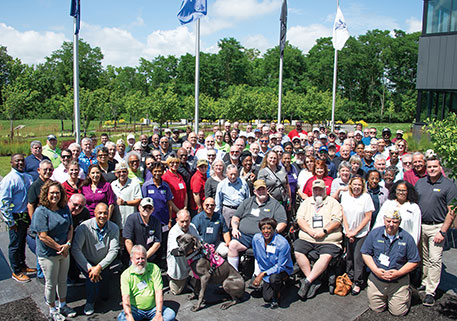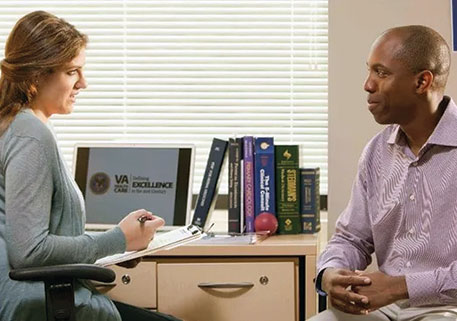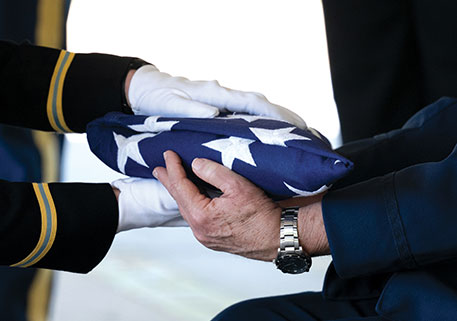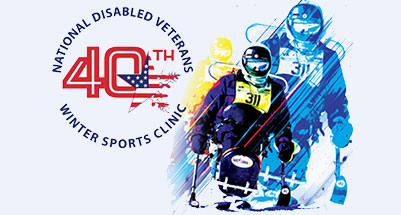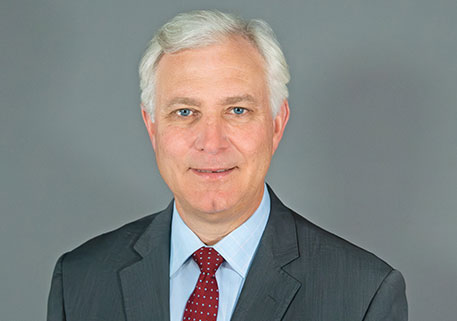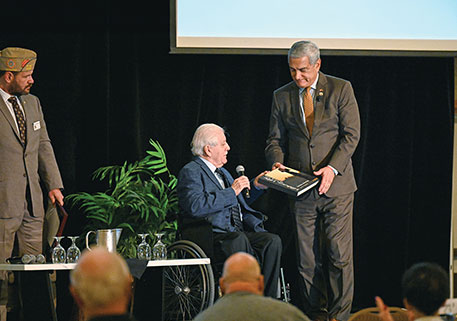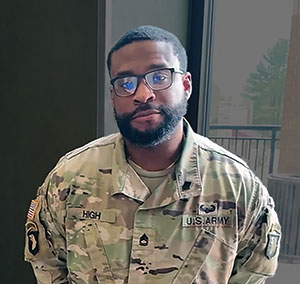
After five deployments and over two decades in uniform, Eddie High was ready to retire from the Army. But the prospect of switching careers after so long in the same field came with doubts.
“After 22 years of combat, deployments and living in various locations, I am looking forward to spending more time with my family,” High said.
In March, he joined more than 330 other service members, veterans and military spouses at a DAV job fair in Fort Campbell, Kentucky. He spent the day networking with over 50 employers who were searching for high-quality talent to add to their teams.
For many transitioning service members, the job fair represents more than a chance to hand out résumés—it’s a critical step in navigating an uncertain and often intimidating journey to civilian life.
High wasn’t sure what to expect from the job fair or how to approach employers.
“A lot of us in the military don’t know what to say to employers, because we never had to present ourselves this way,” he said. “Finding the right words to say and trying not to use military jargon is a very big thing.
“And trying not to cuss,” he joked.
Like many veterans, High understands that while military experiences are valuable, translating a military career into civilian terms is no easy task. That gap often results in underemployment.
“Most employers don’t know how military skills translate into roles at their company, and many veterans don’t know how to describe their strengths and experiences in a way that employers will understand,” said DAV National Employment Director Lamarr Couser.
“This misunderstanding is a leading factor for underemployment among the veteran community, because these veterans are not employed at their skill level, and they are not being compensated for what they are actually worth on the job market. Attending DAV job fairs can alleviate that through face-to-face conversations in a military-friendly, pressure-free environment,” Couser said.
Despite his initial uncertainty, High left the job fair encouraged and motivated to continue his journey.
“Because of the military, I bring reliability and expertise to my next role,” he said. “Veterans have discipline, team cohesion and responsiveness. I was a little skeptical at first, but I’m glad I came.”
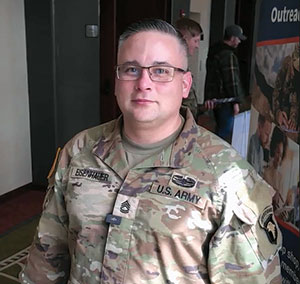
Still a year out from his retirement date, active-duty Army soldier Adam Eisenhauer attended the Fort Campbell event with a forward-looking mindset.
“I am a maintenance supervisor. I’m mostly looking to network and make connections that might help me when I get closer to my retirement date,” he said. “After so many years in the Army, I’m just looking to have a more normal work-life balance and regular schedule.”
For Eisenhauer, meaningful civilian employment would allow him more time with his family and a more stable lifestyle. “There are a lot of opportunities at this job fair. It is like a runway for me to get things started now so I can lift off when I get to that point,” he said.
For those at or near transition out of the military, DAV job fairs offer the chance to not only explore multiple career opportunities but also receive guidance on benefits from the Department of Veterans Affairs and other available programs.
Couser, a service-disabled veteran who served 12 years in the Navy before transitioning to the Army National Guard and eventually retiring, recognizes the added value of benefits assistance.
“Utilizing the resources available can make or break your military transition,” Couser said. “These job fairs are only one of the ways DAV supports veterans and their families, but meaningful employment is an integral part of adjusting to civilian life. It’s an honor to help.”

